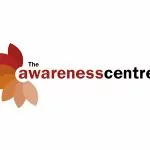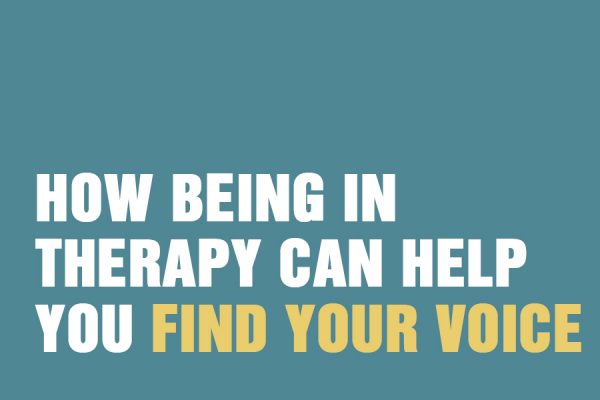A growing body of scientific research – some 40 research papers each month- indicates that mindfulness can reduce stress and improve mental and physical health in many measurable ways.
Mindfulness is one of the oldest and most basic skills known to mankind. In its essence, it’s as simple as rediscovering the taste of fresh water or the vastness of the sky. It is learning, or re-learning, how to be present, how to be in this moment.
With mindfulness, we can appreciate our lives, instead of rushing through them, always trying to get somewhere else. Being mindful can also help us to be less swept away by our powerful, habitual currents of thought and emotion, which can manifest as stress, depression, negative thinking, anxiety, anger, resentment or self-doubt.
Mindfulness training draws on the ancient traditions of meditation and yoga, incorporating insights from modern medicine and psychotherapy. But you don’t have to become a Buddhist or take up any other religion or belief system. A Mindfulness course is completely secular and is used in countless schools, hospitals, colleges, businesses, and other organisations across Europe and North America.
If you are right in the midst of a very distressing life situation, such as bereavement or a severe depression, this may not be the right time for you to start your practice of mindfulness. The emotions may feel too overwhelming for you to be present with them in the way that mindfulness encourages. It may be best to seek the support of a psychotherapist or counsellor, and come to mindfulness training when things are a bit more settled in your life. When your mind is more stable, you will be in a better position to learn and practice this new way of approaching things. Mindfulness will then be a skill for life which can help you cope better with difficult events when they arise in the future.








1 Comment. Leave new
Hello! Just want to say thank you for this interesting article! =) Peace, Joy.